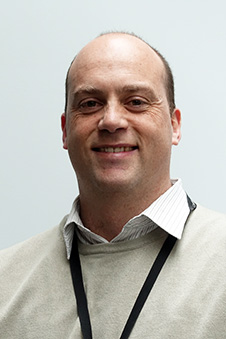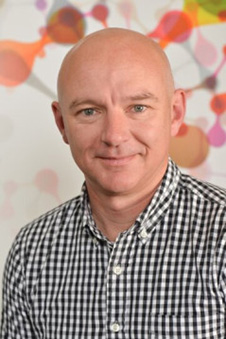
Dr Arthur Morley-Bunker.
Artificial intelligence could be used to help identify patients who may have a genetic predisposition to bowel cancer, according to University of Otago, Christchurch, Research Fellow Dr Arthur Morley-Bunker.
Dr Morley-Bunker, from the Department of Pathology and Biomedical Science, is one of two Otago researchers to receive Cancer Society of New Zealand research grants, announced this week. The other researcher is Dr Glen Reid from the Dunedin School of Medicine.
Dr Morley-Bunker has received $198,531 for his project, which aims to develop a new digital pathology approach using AI for the detection of a genomic biomarker in a New Zealand cohort of colorectal cancer patients.
“Applying digital pathology and artificial intelligence (AI) methods to evaluate cancer tissue provides a deeper analysis of tumour features that are not able to be easily observed with the human eye.”
The goal is to improve clinical diagnostic tools that lead to advanced detection of patients with possible genetic predisposition to colorectal cancer (Lynch syndrome), and patients who will respond to immunotherapies.

Dr Glen Reid.
Dr Morley-Bunker was also recently awarded the $30,000 Roche Translational Cancer Research Fellowship by the New Zealand Society for Oncology towards building local resources and collaborations amongst clinicians, computer scientists and cancer researchers to facilitate the translation of AI into the clinic for the classification of colorectal cancers.
Dr Reid, who received a $195,892 grant, is seeking to understand how rare drug-tolerant cells emerge during cancer treatment, testing out his prediction that dying cells send out signals that promote the emergence of these therapy evaders.
He hopes that, with greater understanding, we can potentially block this process using readily available and cheap anti-inflammatory drugs to ultimately improve outcomes for lung cancer patients.